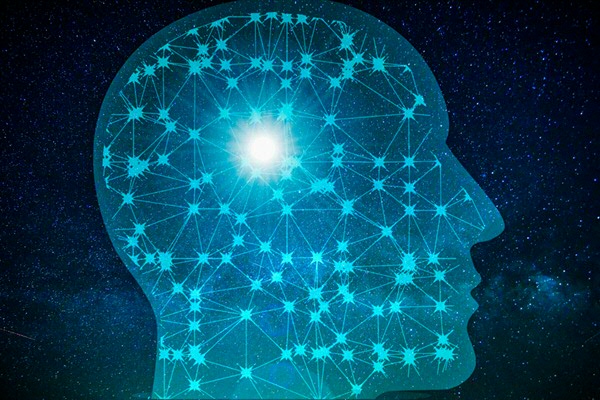University of Groningen Researchers at UG/UMCG Awarded Prestigious Research Grant
RUG/UMCG researchers Mark Hipp, Bart Eggen, Moniek Tromp and Marleen Kamperman, along with colleagues, are involved in four of seven Dutch science consortia. In total, these seven studies will receive more than 160 million euros. This is as part of the NWO Gravitation programme . Minister Dijkgraaf (OCW) makes the funding available for scientific consortia that can compete in the world top in their field with groundbreaking research.
FLOW
Dr. Mark Hipp (UMCG) is involved in the following research that received the NWO Gravitation grant:
Health is not a given as it often is challenged by the body’s own proteins. To prevent harm, cells have a vast quality-control system in place that supports, corrects, or removes damaging proteins. Failure of this quality-control system results in many diseases including Alzheimer, Parkinson, cystic fibrosis, hemophilia, and some emphysemas. We aim to understand so much of the effects and machinery of the quality-control process that we can take a step towards preventing and curing diseases.
Institute for Chemical Neuroscience (iCNS)
Prof. Dr. Bart Eggen (UMCG) is involved in the next research that may start with the NWO Gravitation grant:
The aim of iCNS is to elucidate the molecular changes relating to psychiatric symptoms, such as depression, anxiety and psychosis. In iCNS, neurobiologists, chemists, psychiatrists and data science experts work closely together on human brain tissue. Young scientists will be trained in combining chemistry, artificial intelligence and neurobiology. Their research will lead to a “brain atlas” of psychiatric symptoms, and to entirely new approaches to improve the diagnosis, prognosis and treatment of psychiatric illnesses.
ANION: Advanced Nano-electrochemistry Institute Of the Netherlands
Prof. Dr. Moniek Tromp (RUG) is involved in research that received the NWO Gravitation grant:
A large-scale energy transition of society requires efficient electrochemical processes for generating, converting, and storing sustainable energy. Unfortunately, existing electrochemical processes have serious limitations and are inadequate to meet the grand challenges ahead. At present there is insufficient knowledge of the processes occurring in electrochemical systems at the smallest scale to fundamentally improve these processes. In this multidisciplinary fundamental research program, chemists and physicists lay the foundation for new efficient electrochemical technologies designed to dramatically reduce humanity’s carbon footprint.
GreenTE: Green Tissue Engineering
Prof. Dr. Marleen Kamperman (RUG) is involved in research that received the NWO Gravitation grant:
All living organisms are subject to the laws of physics, and are exposed to mechanical forces. These included stresses caused by neighboring cells, but also by pathogens that are trying to invade. The researchers will study how plant cells – with an internal pressure exceeding that in a champagne bottle – perceive mechanical forces, and how such forces control growth, development, and immunity. Armed with this knowledge, the consortium will develop new strategies for improving propagation and immunity in crops.

